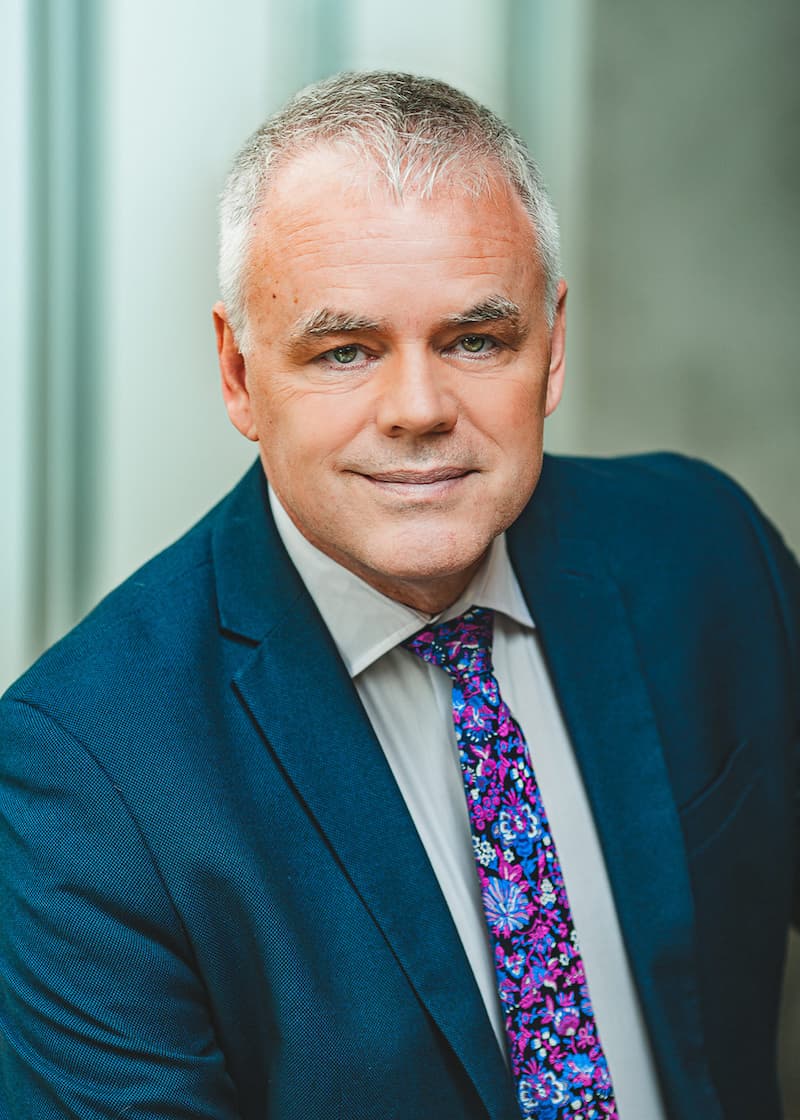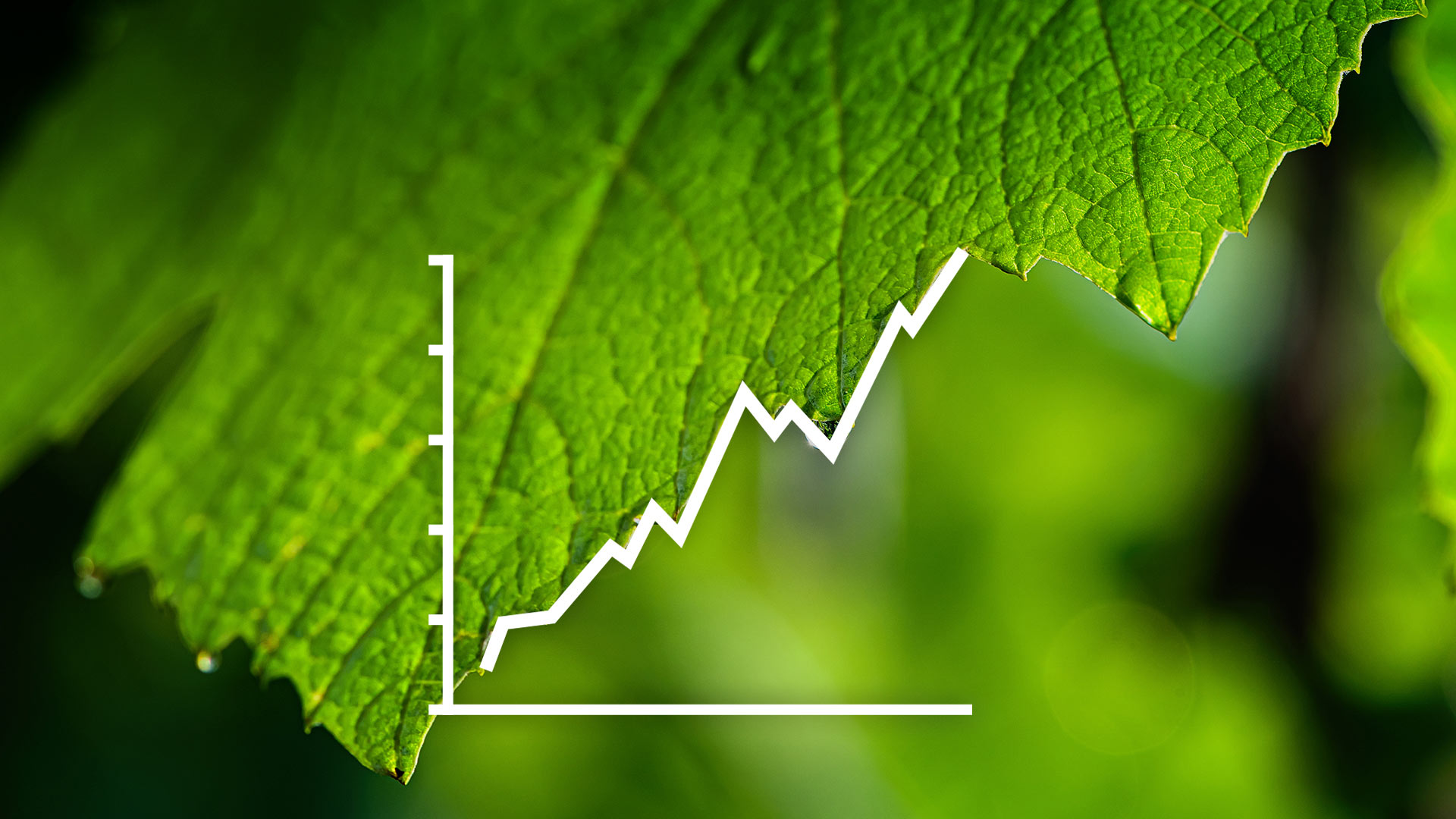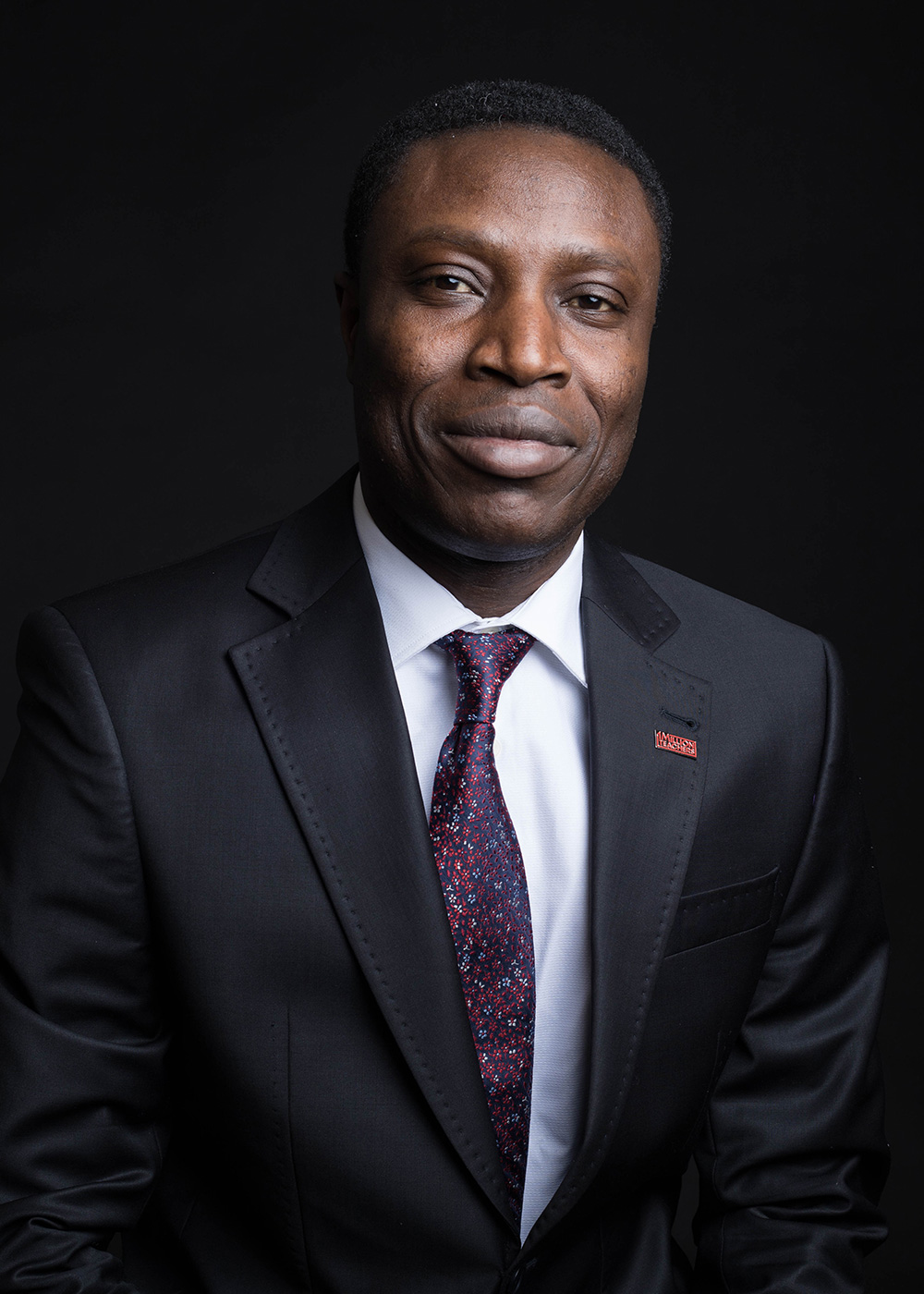“Canadians tend to view responsibility as lying outside the individual, with government seen as the primary holder of responsibility for addressing the problems and needs of the world. However, business is viewed as having responsibility equal to or greater than that of charities.”

Businesses have more accountability
“We are seeing how the public today is turning to the private sector to fill certain gaps and address social challenges and issues. And it’s absolutely fair for them to do so, considering that trust in governments to handle these challenging situations is declining.
“We are all connected to these problems, so that’s why we're expecting to see more from businesses about what they value and where they stand. The speed and resources businesses can bring to a problem means their ability to actually make a real impact on our lives is very significant.
“So yes, it is totally reasonable for people to have higher expectations of the private sector, as long as we are not ignoring the importance of transparency and accountability. Moreover, we should take this opportunity to build more transparent and sustainable businesses that care about the world and the communities that they’re operating in.”

Leaders have more accountability, too
“The scrutiny placed on leaders is quite different today. And the demands on leaders, especially in business, have evolved, too. There are new expectations for who we are, what we say, and the alignment of our actions with our words—particularly, nowadays, on social issues. In light of incidents like the murder of George Floyd, or the mass graves uncovered on the sites of former residential schools here in Canada, there is no longer a leader who’s not going to be held accountable to explain their views on issues of equity, diversity, inclusion and Indigenization.
“There’s growing recognition of the role of business in society, and how business leaders can bring to bear both the human and financial resources they have in the communities in which they operate to help address some of those social issues. I think that's an expectation today that you would not have seen 20 or 30 years ago.”

Leaders can't just talk through this
“As a labour economist, I'm cognizant of how little attention in the ESG discourse is paid to labour relations and human resources. It's typically about environmental issues, supply chain, ethics, and so on. You rarely find the idea of how a company treats its workers showing up on the ESG radar, beyond just making sure they follow the law, which is a pretty low bar—and one that many companies don't even cross.
“I don't think changing that is going to be up to individual leaders. It’s going to be policy choices made at the board level for companies or at the convention level for trade unions. Companies are only going to be successfully pushed to fundamentally change their environmental and social and labour practices when that's basically an expectation of regulations, laws, union collective agreements and, to some extent, consumer expectations.
“I'm dubious of the extent to which an individual leader can say ‘I'm going to lead my organization to a higher ESG threshold, just by my own leadership.’ I don't think that's in the cards.”
Business vs Social Good
All things being equal, most businesses want to do some good in the world while hitting their targets. But what if the decision came down to one or the other? Do you think business leaders should prioritize contributing to the community, even if it prevents their businesses from remaining competitive year over year?
“According to Canadians we surveyed, 62% agreed that businesses should prioritize contributing to the community, society at large, and assisting those in need even if it prevents the business from remaining competitive and consistently growing year over year.”
Today's leaders balance “later” with “now”
A significant challenge business leaders face in trying to be agents of positive social and environmental change relates to time: Most understand their long-term obligation their organizations have to do good, but it can be complicated to square that with the short-term expectations of the market. Meghan Roach, President and CEO, Roots Corp., shares her approach to striking a fair and productive balance.
Explore Another Chapter
This is business now
The world is facing some big problems. How do these issues affect businesses? And what’s their role in creating solutions?
Learn MoreIt's a hard time to be in business
Not only must leaders understand the scope of problems not traditionally in the purview of commerce, they must be prepared for their organizations to play active roles in solving them.
UnderstandHow to contribute with impact
It’s now extremely important—strategically and practically—for business organizations to get involved in causes. But it’s rarely as straightforward as it might seem.
InvestigateWhy silence isn't an option
When something big happens, people want to know what business leaders have to say about it. Sometimes that’s an easy call. But often it’s not.
ExploreWhat tomorrow's leaders need
The redefinition of commerce and the roles of the people who lead it carries tremendous promise of a brighter, greener, fairer future.
DiscoverWho is the leader of the future?
Expectations facing leaders change with the times. Agile, authentic, dependable—what should the leader of the future be?
Have Your Say
 Fresh ideas from Smith School of Business
Fresh ideas from Smith School of Business Subscribe to the Newsletter
The Smith Business Insight newsletter offers you cutting-edge research, opinions, and advice from world-renowned experts — delivered straight to your inbox.



